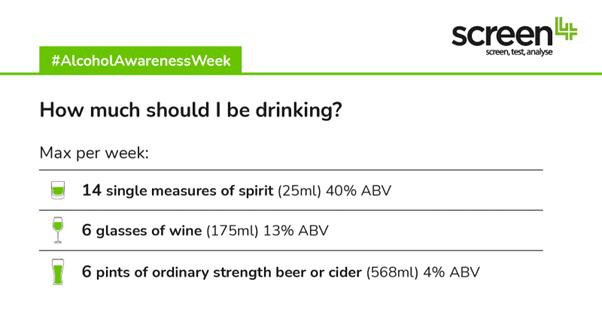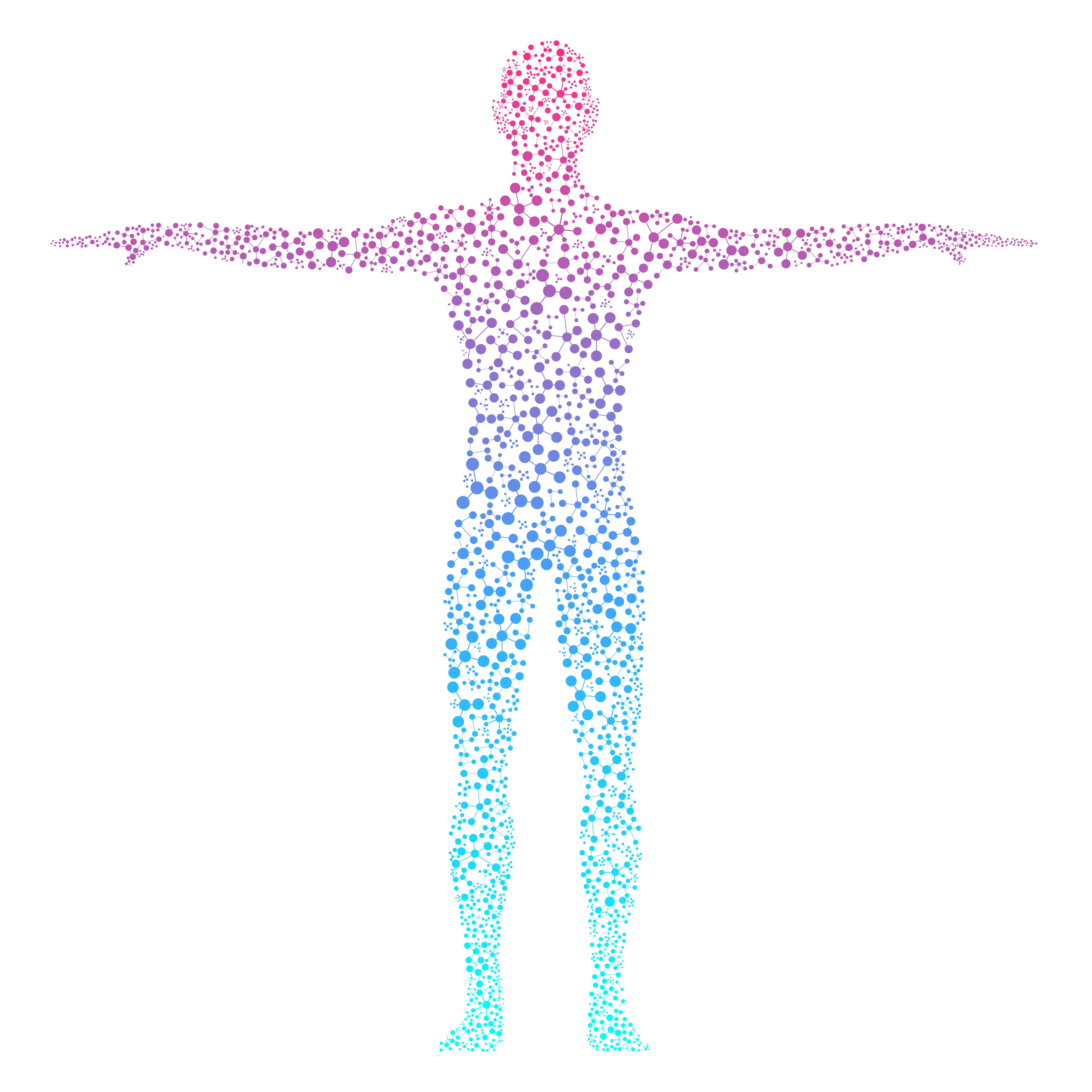Alcohol and its effects
Alcohol is a widely consumed substance that can have both positive and negative effects on the body and mind. While moderate drinking doesn’t pose much risk, excessive drinking can lead to a range of health problems and negatively impact one’s quality of life.
What is a unit of alcohol?
A unit of alcohol is 10 millilitres (or 8 grams) of ethanol (pure alcohol)and takes ‘on average’ about one hour to be broken down by the liver after being absorbed.
What are the UK advisory daily limits for men & women?
In the UK, the recommended alcohol units per day are up to 14 units per week for both men and women. It is advised to spread out the drinking over three or more days if regularly consuming as much as 14 units a week.
It is also recommended to have several drink-free days each week if one wants to cut down on alcohol consumption.
To put this into perspective, 14 units is equivalent to 6 pints of average-strength beer or 10 small glasses of lower-strength wine.
Eating and Alcohol
The rate of alcohol absorption is slowed when food is ingested, that’s why alcohol affects you more quickly on an empty stomach but once it’s in your system it’s down to the liver to break the alcohol down. Remember there is no way to speed up this process!


The Long Term Physical effects of Alcohol
Nervous System
Aggressive irrational behaviour, anxiety, depression, trembling, clamminess, Insomnia, memory lapse, decision making, lack of self-control, uncoordinated, burning sensation hands and feet, loss of libido, Dementia.
Circulation and Breathing
Palpitations, chest pains, lower resistance to infections, bronchitis, bloodshot eyes, fat deposit on the heart impairing its function precipitating heart attacks (Alcoholic cardiomyopathy). Permanent large blood vessels or redness of the skin, especially on the face or chest.
Circulation and Breathing
Palpitations, chest pains, lower resistance to infections, bronchitis, bloodshot eyes, fat deposit on the heart impairing its function precipitating heart attacks (Alcoholic cardiomyopathy). Permanent large blood vessels or redness of the skin, especially on the face or chest.
Digestive System
Indigestion, heartburn, vomiting, internal bleeding, Certain cancers, (mouth, throat, oesophagus).
The Liver
The liver becomes enlarged with fat deposits and can develop hepatitis with excessive consumption.
It can develop cirrhosis or damaged tissue which will be replaced with more tissue and acids enlarging the liver. Ultimately there are no pain receptors in the liver so problems are only detected often when substantial damage has already occurred and the liver maybe unable to perform its metabolic function and go into
Muscles, Bones and Skin
Backache, rheumatism, gout, athlete’s foot, sweat rash, obesity, breast swelling (men).

If you’re concerned about your drinking or someone else’s, a good first step is to make contact with any of the below services that will be able to help:
https://www.drinkaware.co.uk/advice/alcohol-support-services/support-lines
https://alcoholchange.org.uk/help-and-support/get-help-now
https://www.nhs.uk/live-well/alcohol-advice/alcohol-support/
Are you worried about alcoholism in your workplace? Would you like to find out more about our knowledge and experience surrounding signs and symptoms and support? Simply complete the form below and one our team will be in touch!

